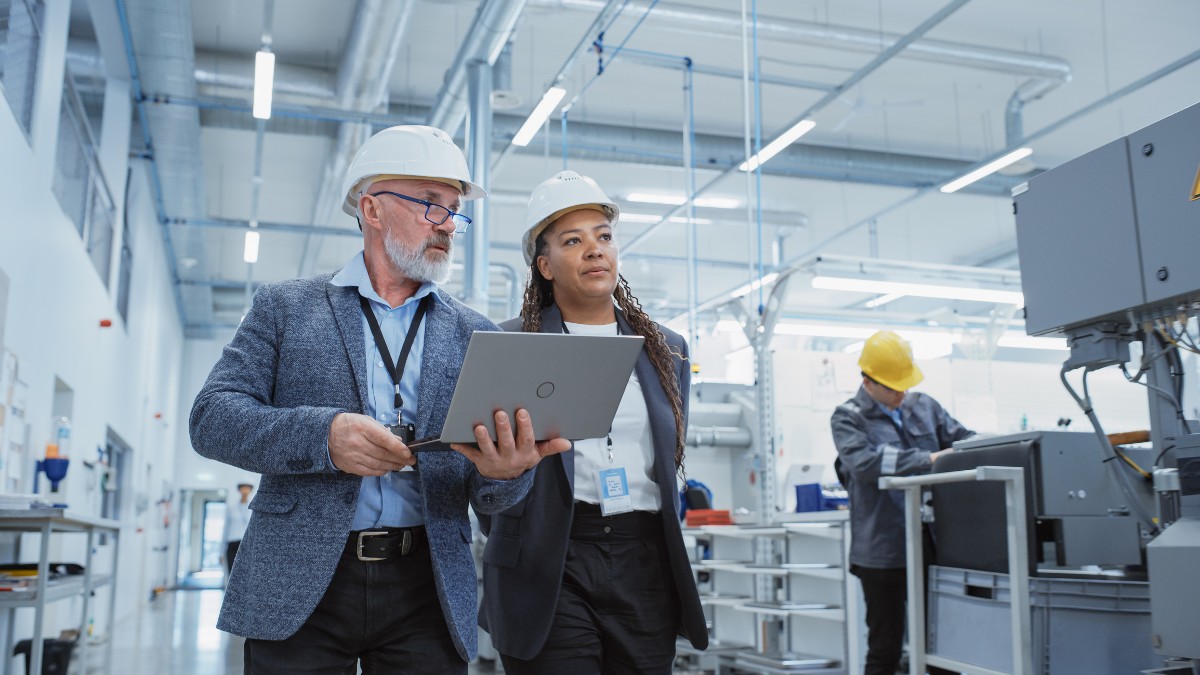Over the past 20 years, Carbon Dioxide levels have increased by 12%; sea levels have risen almost 7 inches over the past 100 years, and we’ve seen the warmest ocean temperatures on record (according to Nasa). We are seeing the effects rapidly getting worse and will soon be something we can’t reverse. To try and reverse this upward trend, companies started to measure and publicly report their sustainability performance. Despite the number of companies reporting increasing hundredfold (96%) over the past 20 years, why have CO2 emissions continued to rise and environmental degradation increased? These reports are very often incomplete, vague, and not precise. In a glance, it seems as though companies are making that change, however it has mis-led the public into thinking that businesses are actually changing their environmental efforts enough to make a difference.
It’s Time for Companies to Make Sustainability Efforts
As environmental problems continue to arise, we have seen an influx of new employees who are entering the workforce and increasingly care about what companies’ initiatives for the environment. According to Fast Company, “more than 70% [of millennial workers] said that they were more likely to choose to work at a company with a strong environmental agenda.” With the rise of The Great Resignation, it is more important than ever for companies to prioritize sustainability efforts, for retaining top talent, attracting new talent and new generations in the workforce, and overall environmental reasons.
Sustainability and Employee Retention
There has been a significant upward trend in the number of employees who have quit in the last 20 years. We’ve even seen a record number of employees leaving organizations in the last 10 months of March of 2021. The Great Resignation is forcing companies to actively listen to their employees if they want to keep their top talent and acquire new employees. Millennials will make up three-quarters of the workforce in 6 years and 70% of them say that they are more likely to stay at a company long-term if it has a solid environmental program. If companies don’t implement efforts to create environmental change, most prospective employees will have no desire to work for them and will be struggling to retain anyone. Evan Caron, co-founder of Swytch explains, “it’s a competitive advantage for large enterprises to really align themselves with employees’ ideas about creating more environmentally sustainable choices.” In addition to the obvious desire to see an improvement in environmental status, employees have other reasons and why they would want to work at a company with a sustainability program. There’s the belief that working for a more sustainable employer allows for more meaningful work, has work that will make employees more satisfied and engaged, and will more likely make the employer feel more cared for.
How can companies take the first steps to making this change?
A first step is the process of creating a sustainability Employe Resource Group (ERG). In an effort to create change here at Emtrain and help spread awareness, Sarah Dey, a client success manager, is working toward developing an ERG on sustainability. One of the biggest takeaways is that an ERG creates a space to educate, share ideas, and learn. Dey explains that “sustainability oftentimes feels exclusive” because it’s viewed that making mistakes despite good intentions or not knowing everything about sustainability equates to not being a true environmentalist. She says “this defeats the purpose, we need everyone to learn in order for it to be effective.” Implementing an ERG allows people to learn from others in an inclusive environment so that everyone can grow. In addition, more often than not, people feel as though their efforts aren’t having an impact because the issue at hand is so large. An ERG creates a sense of community that allows employees to feel less powerless and that they are making an impact while helping to make their company more sustainable. An ERG is a way to jumpstart the process of your company becoming more environmentally aware and sustainable.
It doesn’t matter what type of business or product your company sells; every company has an environmental footprint. Therefore, we have a responsibility to do our part to help stop the degradation of our planet. It’s crucial for organizations to realize that the future of work is sustainability and need to make a change to retain and acquire top talent. We have already seen the impacts of The Great Resignation and this issue is only going to get worse if companies don’t implement efforts to work towards sustainability.
To learn more about starting an ERG, download our guide.










